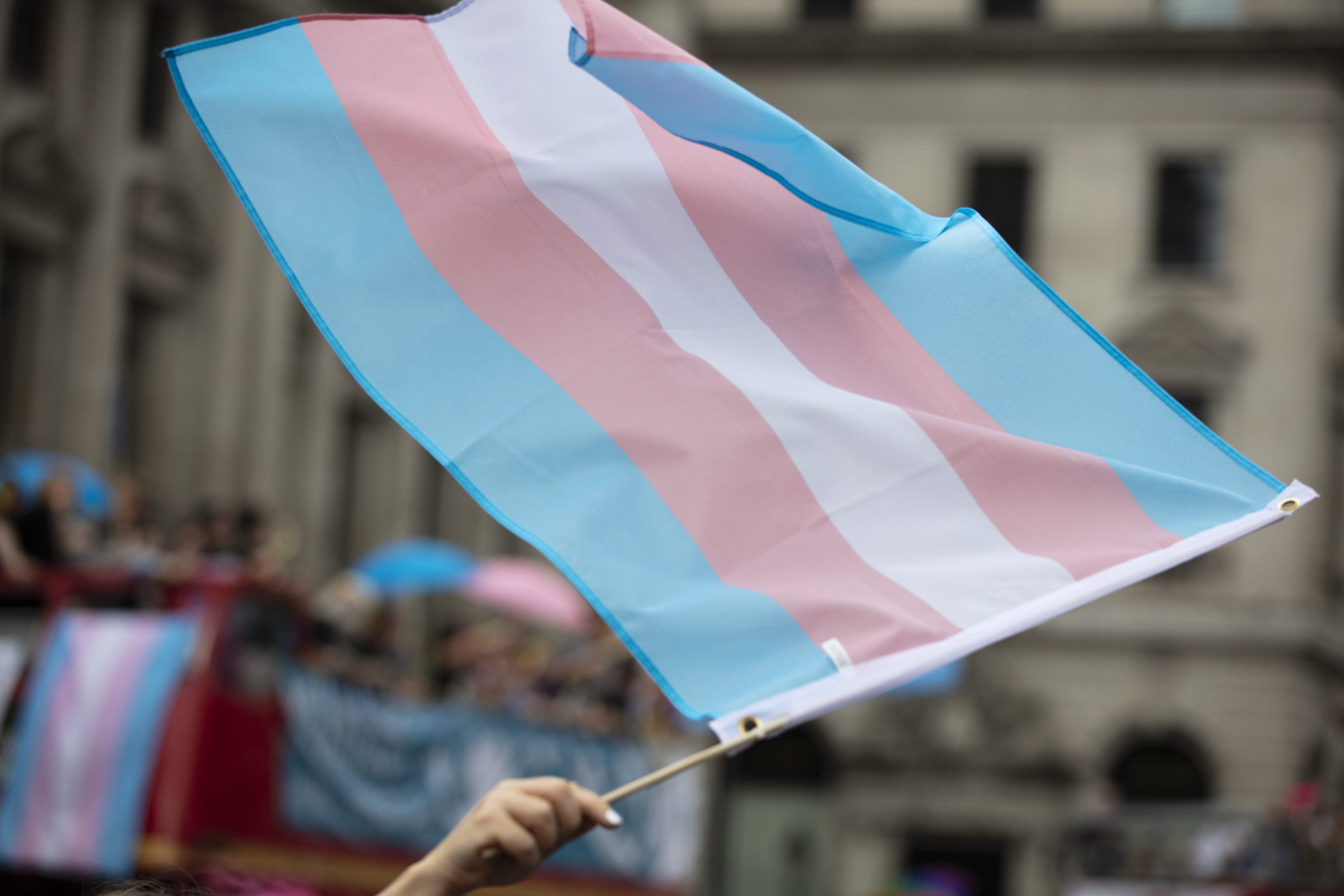Bioethicist: Right to Transgender Healthcare Akin to Freedom of Religion
Originally published at National ReviewCritics of the transgender moral panic have been arguing that the movement is akin to religion. Now, that criticism finds support in the Journal of Medical Ethics — only rather than a criticism, the author contends that there is a right to GAH — gender-affirming health care — that is equivalent to freedom of religion.
The author, R. Rowland of the University of Leeds, identifies the so-called “religion” in question as the “right to live with integrity:” From “Integrity and Rights to Gender-Affirming Healthcare“:
Many states permit exemptions to laws for those with particular religious beliefs. For instance (unlike non-Sikhs), Sikhs in the UK are permitted to ride motorcycles without wearing a helmet and to carry ceremonial daggers in public. In Sherbert v Verner the US Supreme Court ruled that individuals who refuse Saturday work due to their religious convictions cannot be denied unemployment compensation even though others who refuse such work without such conviction can be. Other religious exemptions involve exemptions from uniform policies (to wear headscarfs or jewellery). The most popular account of rights to religious exemptions grounds these rights in our right to live with integrity.
This is sophistry. The right to free expression prevents the state from forcing people to do that with which they disagree because of their faith, and to worship as they choose. It does not require the rest of society to pay the costs of our religious practices or ensure we have the elements we believe necessary for the practice of faith. For example, there is no right for Catholics to have a church building. Or, to use the Sikh example, to force society to pay for the believer’s turban.
Moreover, religion involves a belief in a higher power as the source of truth and the establishment of standards to which the believer must adhere. Enforcing the right to free expression, for example, requires objective evidence of the objector’s faith precepts, for example, that abortion is a sin under Catholic dogma.
But true to the spirit (if you will) of our era, the right to live with integrity as a transgendered person and to receive GAH is totally subjective and centered in the solipsistic self:
To have or live with integrity, in the relevant sense, is for there to be a congruence or fit between the commitments, projects or principles that are constitutive of one’s identity or identities and one’s actions. One acts with integrity on this picture whenever one acts in line with one’s ideal of the kind of person one should be and the kind of life that one—but not necessarily everyone else—should live. One marker of a commitment, project or principle that one cannot sacrifice without sacrificing one’s integrity is that one cannot sacrifice it without feeling guilt, shame or remorse.
Well, that would create a right to live one’s life as a white supremacist wouldn’t it?
Rowland argues that if freedom of religion is a fundamental human right that permits the believer to deviate from the general norms of behavior, so does the right to live with integrity for transgendered people — meaning they have a “positive” human right to transition and access other forms of gender-affirming health care, even if not depressed or suffering mental illness:
If our rights to live and act with integrity ground a pro tanto claim right to religious accommodation, then our rights to live and act with integrity ground a right to GAH for many trans and non-binary people . . .
Integrity grounds a prima face right for many trans and non-binary people to access and be provided with GAH. And this prima facie right to GAH may well (at least sometimes) yield an all-things-considered right to GAH (section VI). This means that trans people do not need to have an illness or be suffering from a particular form of harm or distress in order to have rights to GAH and that we have rights to GAH even if we are not suffering from gender dysphoria. No one is ‘not trans enough’ to have a right to GAH on this view. And there is a good case that all trans people whose desired transition involves GAH have at least an important prima facie right to GAH.
So, there you have it. The right to have medical interventions to support one’s transgenderism is now akin to freedom of religion.
Our intellegentsia have lost their marbles. It is going to take resistance by — and the common sense of — “real people” to keep our society on an even keel.
